(ECNS) -- A side event themed “Green finance and climate change solutions: the role and opportunities of Chinese banking sector” was held during the 28th session of the Conference of the Parties to the United Nations Framework Convention on Climate Change (COP28) in Dubai, the United Arab Emirates on Tuesday.
Wang Jingwu, vice president of the Industrial and Commercial Bank of China (ICBC) said via video that the bank “will give a full play to the underpinning role of green finance in green, low-carbon development.”
Wang said climate change is a common challenge faced by the entire world, and green finance offers an important pathway to dealing with climate change.
As of the end of September 2023, the balance of ICBC’s green loans exceeded 5 trillion yuan, making it the largest green credit bank all over the world, according to Wang.
Wang said the ICBC has pressed ahead with the fast development of green finance and assumed responsibilities as large-sized banks in support of the green and low-carbon transition of the economy and society in recent years.
Wang said the ICBC is the first bank in China to formulate a categorized management approach to green investment and financing, publish a green investment and financing guideline, and release environmental risk stress test results.
It is also one of the first financial institutions in the world to carry out environmental risk stress testing research, he added
To this end, he made a few suggestions:
First, gathering consensus on green development. The ICBC will cement a vision of openness and sharing, gain a global consensus on developing green finance, and continue to increase communication and cooperation in the fields of green finance, transition finance, and climate-related investment and financing.
Second, increasing the supply of green finance. The bank will give full play to the underpinning role of green finance in green, low-carbon development, and serve the purposes of energy conservation, pollution reduction, carbon reduction, green transition, and disaster prevention as a whole.
Third, beefing up risk prevention efforts. The ICBC will well balance development and security, uphold full-process management of environmental and climate risks, and strengthen the identification, forewarning, assessment, and management of climate risks.
Fourth, strengthening information disclosure. Continuous and effective environmental and climate information disclosure will be made to create a green development atmosphere in the whole society, which encourages better environmental performance with joint efforts.


















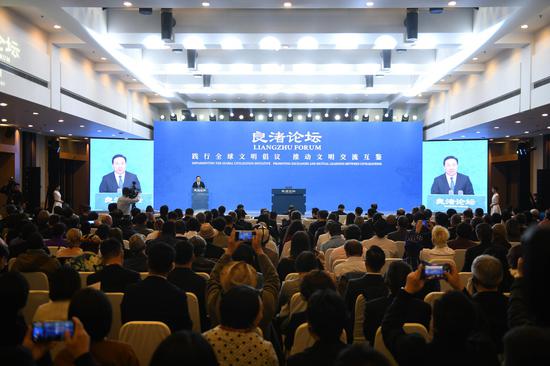







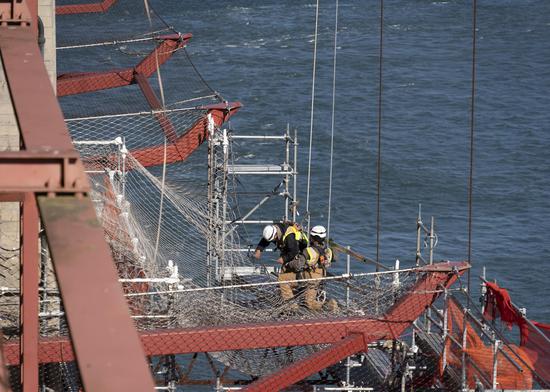



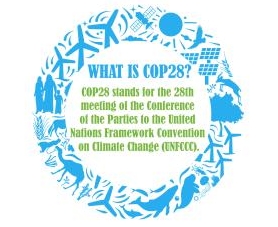
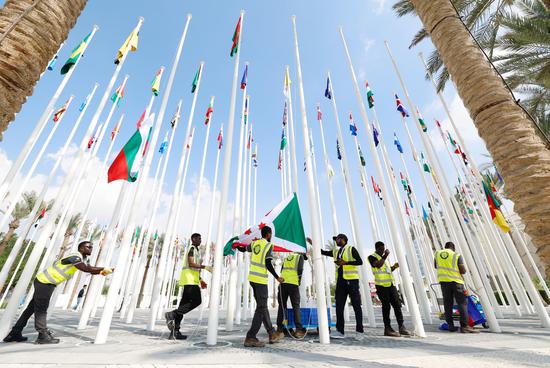



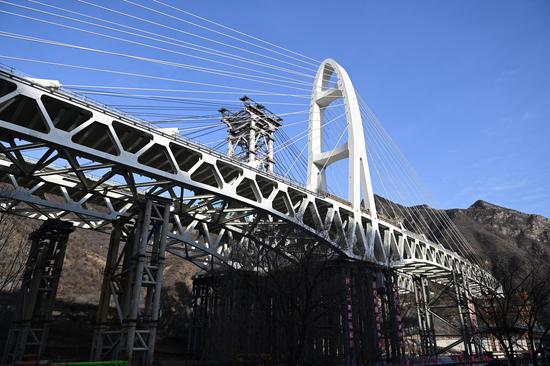




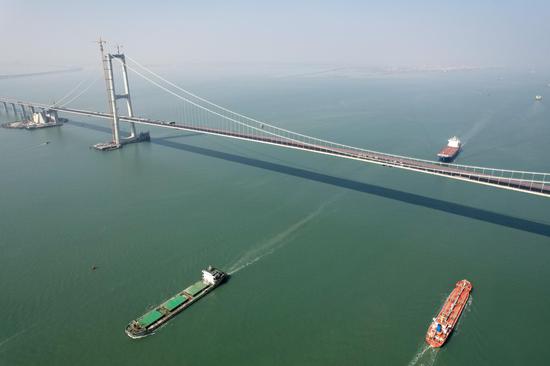









 京公网安备 11010202009201号
京公网安备 11010202009201号